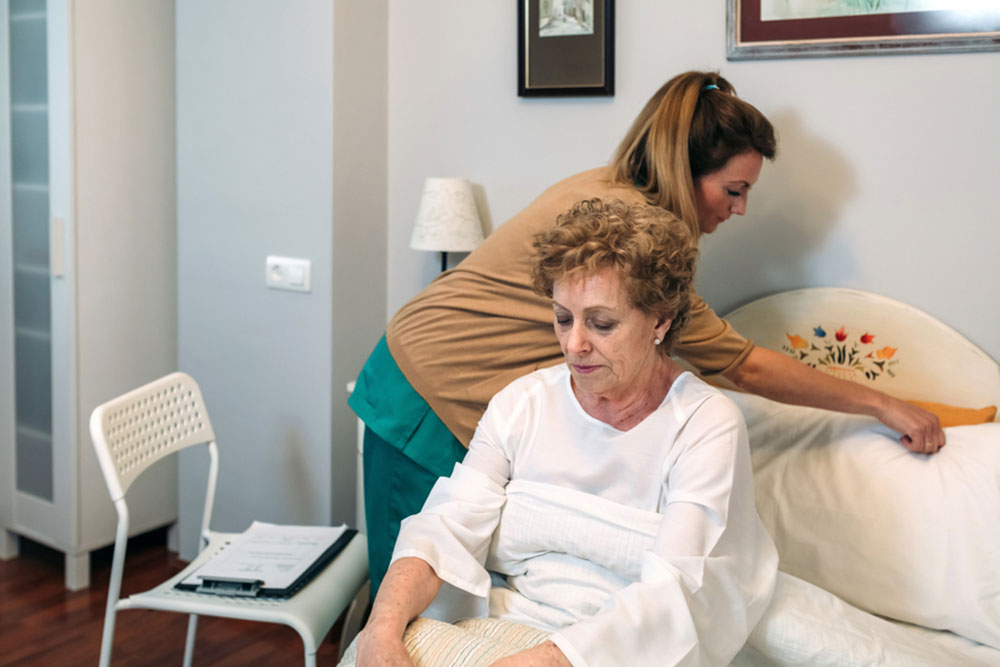Engaging Activities for Seniors in Memory Care Facilities
This article highlights the importance of engaging activities in senior memory care facilities. It discusses how tailored activities, such as music, arts, and reminiscence exercises, help seniors with Alzheimer’s maintain cognitive function and emotional well-being. The article emphasizes the role of dedicated care and personalized activities in improving residents' quality of life while addressing the progression of memory loss. It also underscores the significance of holistic support in senior memory care settings for safe, meaningful living.

Engaging Activities for Seniors in Memory Care Facilities
Memory care centers provide specialized activities designed for seniors with cognitive impairments, particularly those suffering from Alzheimer’s disease, which causes significant memory deterioration. These facilities offer round-the-clock assistance and comprehensive services to support residents’ needs.
Initially, memory loss may seem mild but progressively worsens, making proper care essential to ensure safety and well-being. With proper support, residents can lead more connected lives, even when distant from their families. Patients often forget daily routines like eating properly, emphasizing the importance of dedicated care staff.
To slow down cognitive decline and encourage mental engagement, memory care programs include activities aimed at fostering reminiscence and emotional connections. These activities help patients recall memories, connect socially, express themselves creatively, and reduce anxiety often associated with Alzheimer’s.
Engagement in such activities encourages residents to stay active and enjoy life. Common pursuits include music and singing, which effectively trigger memories, as well as arts and crafts, which foster self-expression and present-moment awareness. Personalization of activities based on individual preferences further aids memory recall, making residents more aware of their surroundings and themselves.
Overall, these activities are crucial for maintaining mental stimulation and emotional health. Combined with other care services, they help residents navigate the challenges of Alzheimer’s, improving quality of life during the disease’s progression.
Note:
Our blog offers diverse, practical information based on thorough research for readers interested in senior care. However, the content should not be regarded as definitive. The editorial team is not responsible for discrepancies or inaccuracies across other sources. Additionally, some beneficial programs or discounts may not be included within this content.









